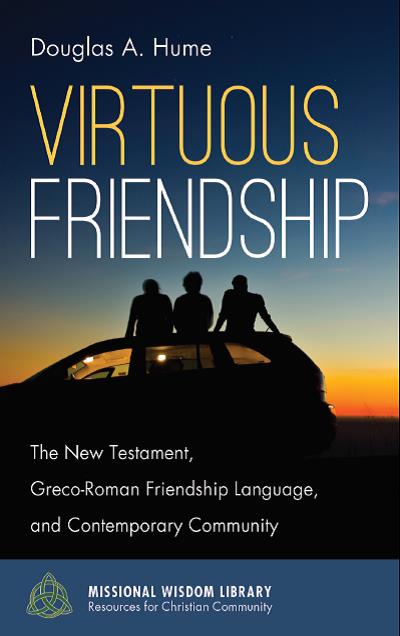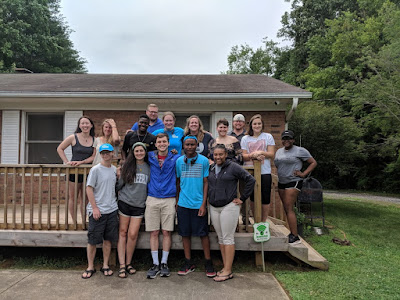Jose and Maria in Lenoir

For the final day of Advent, I would like to repost a retelling of Luke's account of Jesus's birth. Our small town Walmart is known as one of the places where people park who sleep in their cars. In those days an executive order went out from President Trump that all undocumented people should be deported. This was the first round of deportations and was done while Roy Cooper was governor of North Carolina. Everyone fled their homes for fear of being picked up by ICE. Jose went from the city of Charlotte up to Watauga county, to Boone, because he had a cousin who was a big player in Samaritan's Purse there. He went for help from his cousin, because Maria, to whom he was engaged, was expecting a child. Before they got there, the time came for her to deliver her child. And she gave birth to her firstborn son and wrapped him in rags, and laid him in the straw in the bed of their old pickup, because they were afraid to give their credit card number at the Red Carpet Inn; ...

